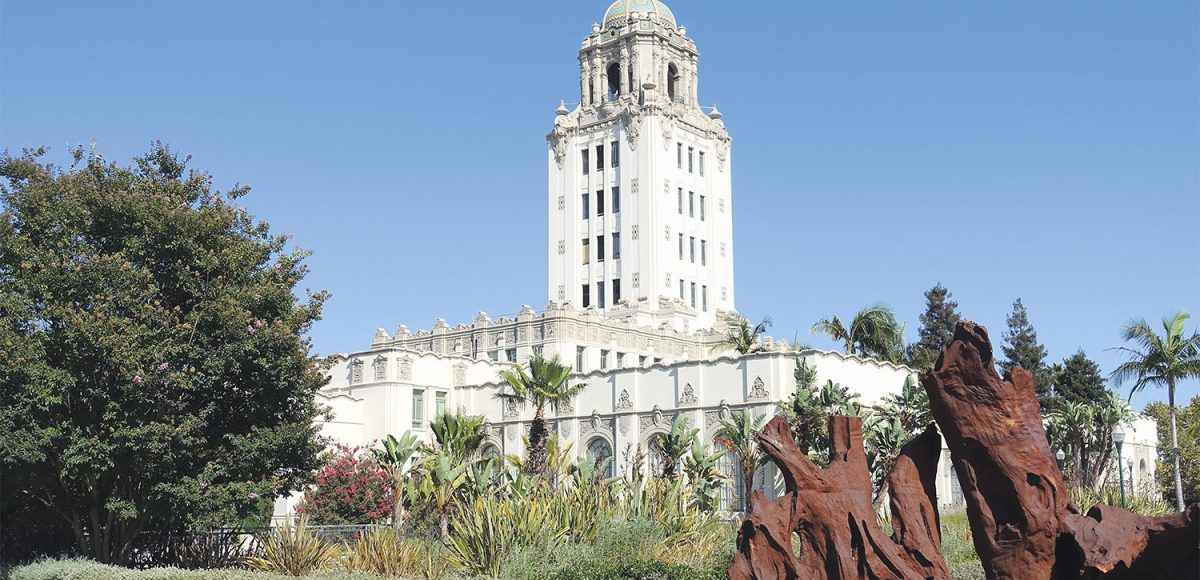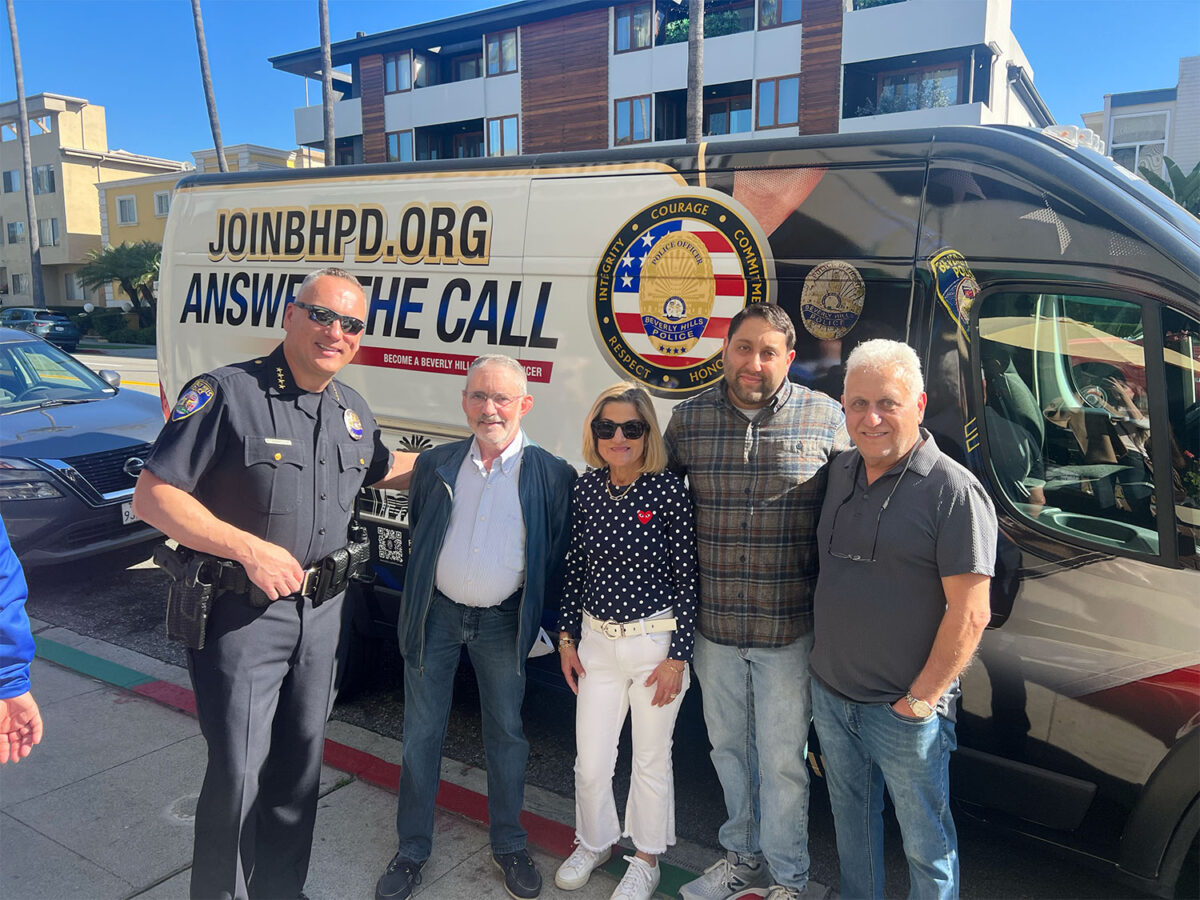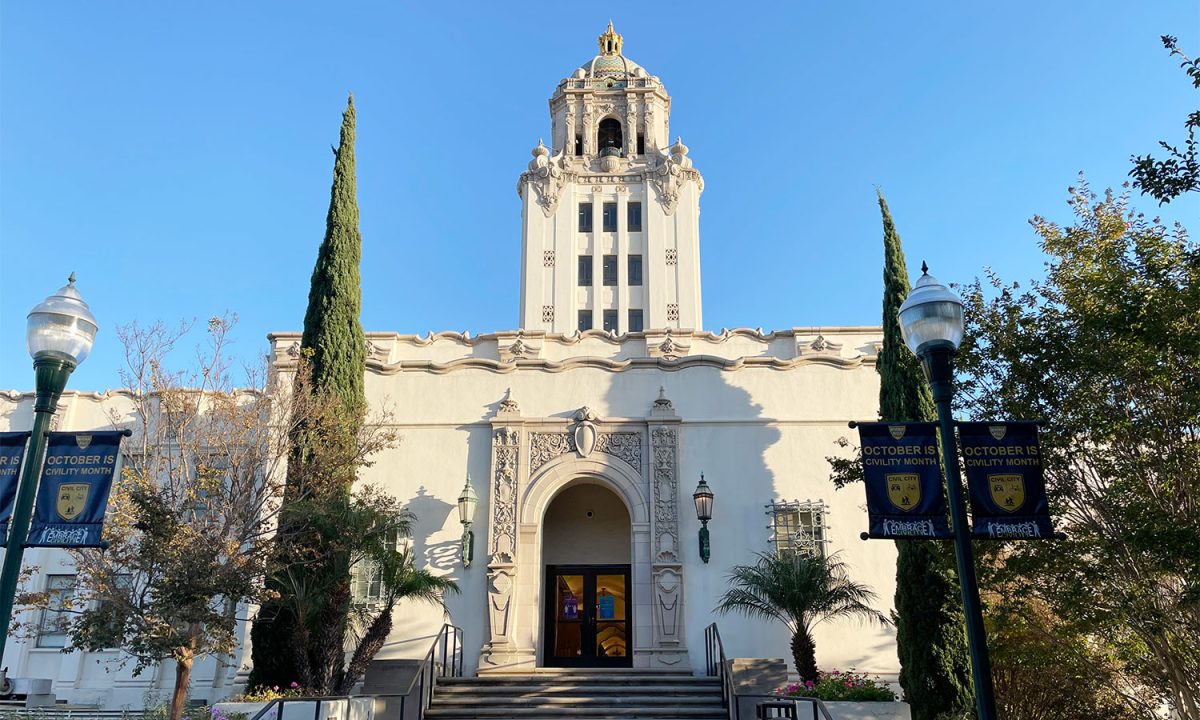Beverly Hills is doubling down on its commitment to combat homelessness and has hired two consultants to study the city’s ongoing outreach efforts and propose new strategies to tackle the problem.
The city has enlisted the services of homeless policy experts Abby Arnold and Jennifer Swan who recently appeared before the City Council Unhoused Ad Hoc Committee to present their research plan.
“These consultants are going to be working with what we already have in place and taking it to the next level to really assist those experiencing homelessness and mental illness,” Mayor Lili Bosse told the Courier. “We are in a crisis situation and it’s a sad situation to see so many people who are unhoused.”
The Los Angeles Homeless Services Authority (LAHSA) reported that there were 39 individuals experiencing homelessness in Beverly Hills in its 2022 Homeless Count. While this number may be smaller than figures captured in neighboring cities, the Council nevertheless recognizes the impact homelessness has on public safety, businesses and residents and has made it a priority to address the problem.
The consultants are currently in the process of gathering relevant data from the city, LAHSA and research institutions, said Arnold in the Jan. 27 committee meeting. Next, they will hold stakeholder meetings with residents, businesses and community organizations to gather their input on efforts to address homelessness.
The consultants will then use all of this information to draft a new homeless response plan that will be presented to Council in May with a goal of beginning implementation in July.
The consultants were hired as part of the city’s six-month homeless pilot program, which Council passed in November 2022.
The pilot program also includes a $421,000 contract with Nastec International for overnight outreach/security services; a $122,000 contract with Step Up on Second for expanded outreach hours; and an $82,000 contract with Bonterra for software to track services provided to the unhoused.
The new software platform is scheduled to launch March 1 and seeks to help all parties who work with unhoused individuals – including Beverly Hills Outreach Team members, police officers, park rangers, Step
Up outreach workers and Nastec personnel – to share real-time data on the unhoused individuals they interact with in an effort to optimize outreach efforts.
“One of the missing keys to our analysis of the homeless situation is we don’t have the hard data, so this software tool will allow our field teams to start to compile that data,” said Stephanie Harris, community outreach manager, in the committee meeting. “Then we can bring reports on a quarterly basis that show how our outreach efforts are impacting results.”
In addition, the pilot program established a 24/7 hotline at 310-285-2468 for residents to report non-emergency issues regarding individuals experiencing homelessness. In its first nine weeks of operation the line received over 100 calls, reported Harris.
While Council supports all of these expanded services and investments, they also feel that the city’s existing strategies aren’t getting to the bottom of the problem.
“Whatever solutions to the problem we’ve come to have not been sufficient, because we’re not meeting those needs (of the unhoused),” said Vice Mayor Julian Gold in the committee meeting. “And so, it sort of asks the question, what are they needing that we’re not providing? And how do we provide it?”
This is where the consultants come in.
The pair have a wealth of knowledge on homelessness. Arnold has helped develop homeless response plans for the cities of West Hollywood, El Segundo, Hermosa Beach, Redondo Beach and Manhattan Beach and Swan is her right-hand woman.
“We’ve hired these consultants because they’ve worked with other neighboring cities, so they have the benefit of knowing what has worked and what hasn’t worked. We can use that and tailor it for what is appropriate for our city,” Bosse told the Courier.
Some of the major problems the city has encountered thus far in its fight against homelessness are the lack of shelter beds, legal restrictions around enforcing anti-camping laws and the fact that it often takes multiple interactions with an outreach worker until unhoused individuals feel comfortable accepting services.
The shelter bed problem is a big stumbling block as currently Beverly Hills only has access to five beds through a contract with People Assisting the Homeless. These beds are practically always occupied making it challenging for outreach officers to find a place to move unhoused individuals off Beverly Hills’ streets, said Harris.
Identifying more short-term housing options will be one of the key strategies the consultants will address. Another important area of research will be finding state and federal funding sources for the city’s homeless programs.
Bosse said her priorities for the consultants’ plan is that it is action-oriented, has a clear timeline and communicates realistic expectations about the changes residents can expect to see.
“I think we should be very focused on what are real solutions to real problems and what are the kinds of things the city can do to get us there,” she said. “We are a city that really prioritizes action.”







